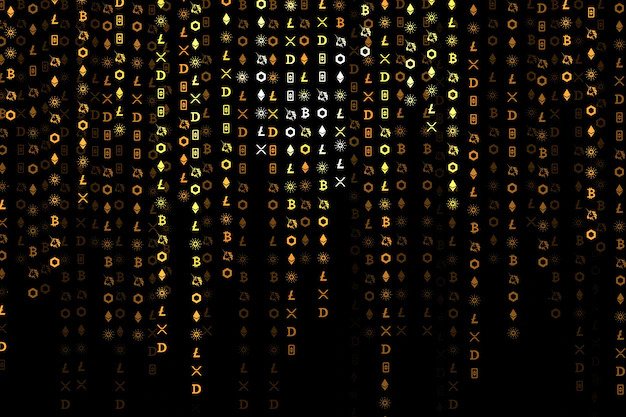We recommend the best products through our internal review process and may receive compensation if you visit partners we recommend according to our advertising disclaimer.
Blockchain innovation is a technology that is quickly advancing in this present world. The blockchain contains a block that houses data that can be different across many situations. It keeps plenty of information records with no one interfering with these pieces of information. Blockchain can help in election processes by promoting transparency and ensuring a smooth voting operation. Here are some essential points to note about blockchain technology which are;
- Blockchain voting and voting systems are a new aspect of the technology
- It is possible to use blockchain technology for voting
- Electronic voting machine associated with blockchain
Blockchain Voting And Voting Sytems
Blockchain voting is a process whereby voters can easily present their vote without showing themselves or political inclinations to general society. The authorities involved in voting can easily count the votes submitted with assured minds and realize that every person’s identity to one vote. There is no fake vote and absence of votes manipulation or alteration. Blockchain for voting can fix weaknesses in present-day elections by replacing regular electronic voting, putting an end to electoral malpractice, accessibility and an obvious voting exercise, encrypted preservation of data, and smooth transfer of voting results resulting in an efficient voting process.

In blockchain voting systems, voting is essential for any democratic government. Today, several examples of blockchain voting systems are in the market, created by Milvum, Votewatcher, Polya’s, Luxoft, FollowMyVote, Voatz, Agora, and Votosocial. These blockchain systems do not have any restrictive components permitting any form of access by individuals to review the system’s usefulness or develop the security of the system further. Blockchain voting systems possess an essential voting feature, an open-source voting platform. Before they use these systems for election processes, the units undergo testing to show their ability to contain many voters, accountability, maximum security for the voter’s PC, and Validation. The Blockchain voting system makes sure voters submit their votes at their respective locations for their preferred candidate. The voters can apply their means of identification in opening the voting box, locate their polling material, and verify the authenticity of the polling material and their means of ID. They can also ensure that the results of the poll are correct.
The Use Of Blockchain Technology For Voting
Using blockchain for voting has so many benefits, such as transparency, enhanced security, the privacy of voters, and time management. Blockchain helps count votes and store them on a public record that is not alterable, meaning the counting happens while everyone can notice and pay attention to them. Thus, by permitting citizens to see live records of the number of votes coming in, everybody will know the authenticity of the election process, making for a dependable and transparent voting system. Also, blockchain has a system that cannot fall into the hands of hackers. When the casting of ballots by voters ends, the counting of each vote commences guaranteeing that they are counted with accuracy and complete, preventing the results from being altered. Blockchain also ensures the privacy of individuals by allowing a framework that voters can cast their ballots in secrecy using private keys with no other person knowing how they voted and not putting out their personal information. They also allow for a more accessible view of poll results on the blockchain. Immediately the voting process ends, the polling results can be accumulated and handled quickly to show the overall polling results quicker and early. For countries that print ballot papers for voting processes, blockchain helps eradicate ballot papers because it is an online voting system, I.e., an electronic voting system. Disabled persons can also vote; it can cut the payment cost to electoral officials to count polling papers and transport results from one location to another off.
Electronic Voting Machine Associated With Blockchain
The blockchain machine is just like the electronic voting machine, but different in that voting on the blockchain will be an encoded chunk of information that is open entirely and openly saved on a blockchain network that is spread out evenly rather than on a solitary server. An agreement on the blockchain system then approves each encoded vote, and the public authorities see how the voices are projected and recorded.
Conclusion

In conclusion, without the help of blockchain, the weaknesses of traditional voting systems will persist and the corrupt practices and insecurity of voters and transparency of votes. Blockchain has multiple benefits for the improvements of the voting systems.
Start investing in crypto here
If you want to learn more about cryptocurrencies, download the 2021 Cryptocurrency Investment For Free: https://bit.ly/3yzMetg
Follow us on Twitter: https://www.twitter.com/
#cryptofordummies #cryptoinvesting #bitcoinhate


